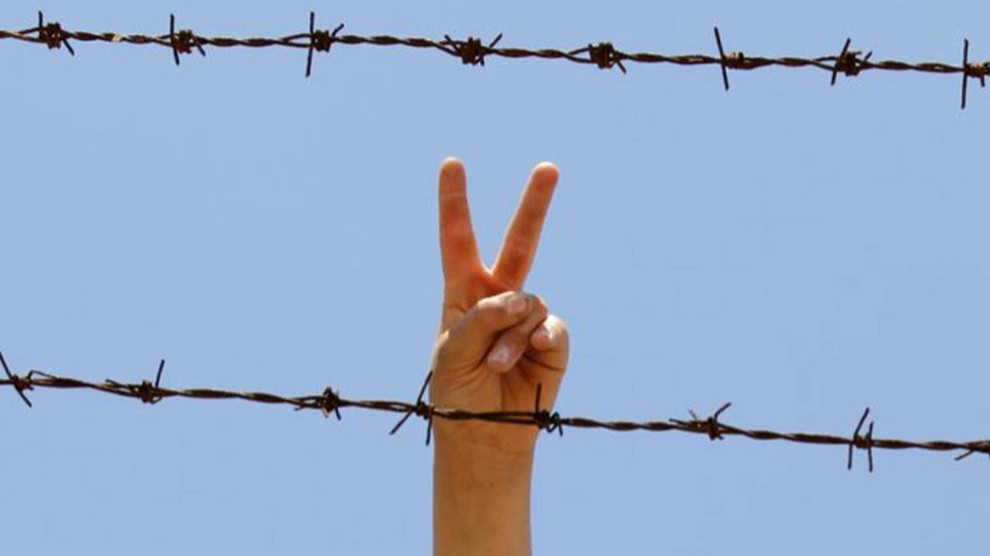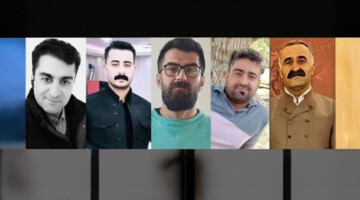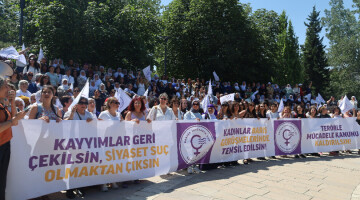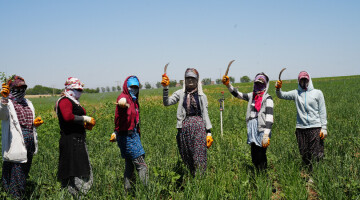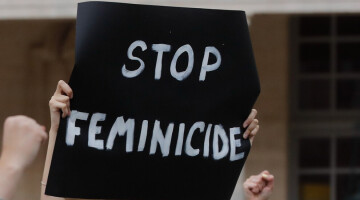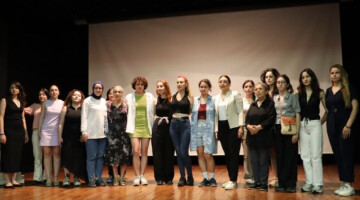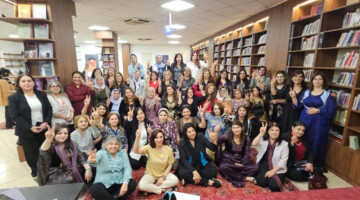More than 300,000 people are in prison in Turkey. There are 366 prisons with a total capacity of 233,000 inmates. Over the past 14 years, more than 200 new prisons have been set up under the AKP government, and last January alone, four prisons were opened.
More than 50,000 of the inmates are political prisoners - journalists, writers, politicians, musicians, academics, human rights activists, teachers, doctors, lawyers, students and other government critics - imprisoned on trumped-up terrorist charges. It is precisely this group that is now to be exempted from an amnesty in the wake of the spread of the coronavirus. Against this background, the Association of Women Students from Kurdistan (Jinên Xwendekar ên Kurdistan) calls for action. The students’ organization has published a video on this subject.
The current situation has affected everyone. Some more, some less, but Corona is now on everyone's lips. "But what about the people who remain in the prisons?", the association asks. In the media there is hardly any talk about this topic, the situation is even swept under the carpet. Virtually no platform takes up this topic.
"To counteract exactly this dead silence, we as JXK have decided to publish a video about this inhuman policy of Turkey. Surely you ask yourselves however, why we give straight this topic so much hearing.
Recently there has been an amendment in the law within Turkey, which allows prisoners to be released in order to reduce the risk of infection. These prisoners include sex offenders, murderers and others while political prisoners are excluded.
It is above all women who, because of their political commitment and gender, are exposed to a massive form of violence because they draw attention to feminicides, honour killings and acts of terrorism by the government.
As women, we therefore play a particularly important role in this respect. Each of us has the opportunity to raise our voice and become the voice of a trapped person. The silence the Turkish Government has longed for regarding the ice-cold elimination of opposition members must not be met with ignorance on our part! In particular, we must not tolerate the sexual violence of Turkish guards against female prisoners, because their struggle is our struggle! Let us therefore make it clear: Their suffering is our suffering!
Today it is in our hands to make these grievances visible. Let us not remain silent!
Let us make the demands of our comrades our demands! Let us not remain silent as long as our comrades remain behind Turkish prison bars. Freedom for all political prisoners!"

